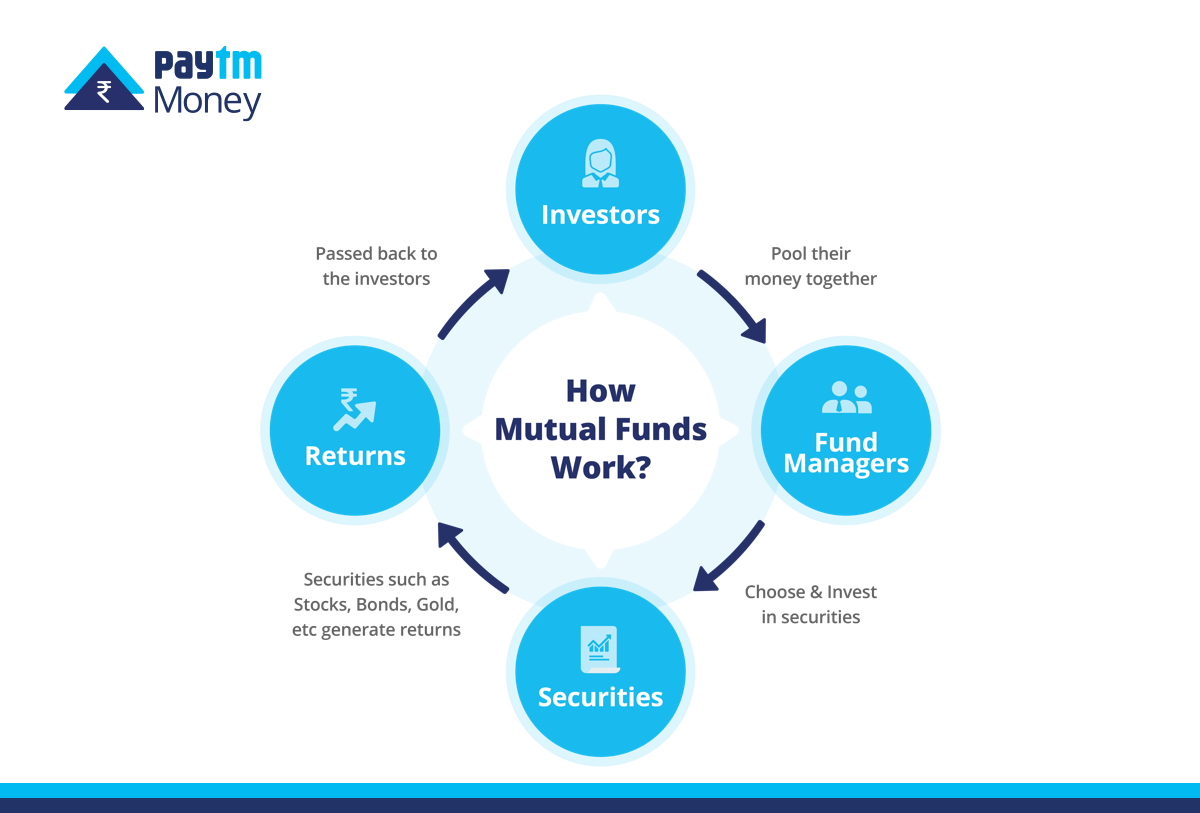Fund Manager Selection Criteria and Due Diligence Process
Investing in mutual funds is a popular way for individuals to grow their wealth over time. However, choosing the right fund manager is crucial to ensuring that your investments are in capable hands. With so many options available, it can be overwhelming to select the most suitable fund manager for your needs. In this article, we will explore some key criteria to consider when evaluating fund managers and outline an effective due diligence process.
1. Performance Track Record
One of the first factors investors should assess when selecting a fund manager is their performance track record. Look for consistency in delivering returns above benchmark indices over several market cycles. A long-term perspective is essential as short-term fluctuations may not provide an accurate picture of a manager’s abilities.
Analyze both absolute returns and risk-adjusted returns, such as the Sharpe ratio or alpha. These metrics give insights into how well a fund has performed relative to its level of risk taken. It’s important to remember that past performance does not guarantee future success; however, it can serve as an indicator of a manager’s skill.
2. Investment Philosophy
Understanding a fund manager’s investment philosophy is vital because it shapes their decision-making process and influences portfolio construction. Consider whether they follow an active or passive approach to investing.
Active managers aim to outperform the market by actively buying and selling securities based on careful research and analysis. Passive managers, on the other hand, aim to replicate the performance of a specific index by holding all (or most) of its constituent securities.
Evaluate whether the investment philosophy aligns with your own financial goals and risk tolerance before committing capital.
3. Fund Size
The size of a mutual fund can have implications for its ability to generate meaningful returns in various ways:
a) Liquidity: Larger funds often face challenges deploying capital effectively due to liquidity constraints.
b) Flexibility: Smaller funds may have more flexibility in terms of investment strategies and asset allocation.
c) Performance Impact: Extremely large funds may struggle to maintain the same level of performance as they face limitations in finding suitable investment opportunities.
It’s crucial to evaluate whether the fund size aligns with your expectations and consider potential trade-offs associated with different fund sizes.
4. Fee Structure
Fund expenses can significantly impact overall returns, so understanding a manager’s fee structure is essential. Compare expense ratios among different funds, but remember that higher fees do not necessarily guarantee superior performance.
Look for transparency in fee disclosure and assess whether the costs are reasonable based on the services provided. Avoid excessive fees that eat into your returns over time.
5. Risk Management Processes
A diligent fund manager should have robust risk management processes in place to protect investors’ capital during market downturns. Evaluate their risk management framework, including measures taken to mitigate downside risks and preserve capital.
Consider factors such as diversification across sectors or geographic regions, use of derivatives for hedging purposes, and stress testing scenarios to assess resilience against adverse market conditions.
6. Manager Tenure and Stability
The stability of a fund manager’s team is an important consideration when evaluating their capabilities. Look for managers who have been with their respective funds for a considerable period, as this indicates experience navigating various market cycles.
High employee turnover can be concerning because it disrupts continuity in decision-making processes and may lead to style drift or lack of consistency in portfolio management approaches.
7. Communication Style
It’s important to find a fund manager who communicates effectively with investors by providing regular updates on portfolio holdings, strategy changes, and general market outlooks. Transparent communication helps build trust between investors and managers while enabling better-informed decision-making processes.
Assess how frequently communication occurs (quarterly reports vs daily/weekly updates) and whether it aligns with your preferences regarding staying informed about your investments’ progress.
Due Diligence Process
Now that we have established the key criteria for selecting a fund manager, let’s outline an effective due diligence process to ensure a comprehensive evaluation:
1. Research: Conduct thorough research on potential fund managers by reviewing their performance track record, investment philosophy, and risk management processes. Look for any red flags or inconsistencies that may raise concerns.
2. Interview: Request a meeting or phone call with the fund manager to gain further insights into their investment approach, strategy, and outlook. This interaction will allow you to assess how well they align with your own financial goals.
3. Analyze Holdings: Review the portfolio holdings of funds managed by the individual or team in question. Ensure that the investments are consistent with stated objectives and align with your risk tolerance.
4. Seek Third-Party Opinions: Consider seeking opinions from independent rating agencies or consulting firms who specialize in evaluating mutual funds and fund managers. Their insights can provide valuable perspectives on performance history and other important factors.
5. Monitor Performance: Once invested, monitor the selected fund manager’s performance regularly against benchmarks and industry peers to ensure they continue to meet expectations over time.
In conclusion, selecting a competent fund manager is crucial for successful investing in mutual funds. By considering factors such as performance track record, investment philosophy, fee structure, risk management processes, tenure stability of the management team, communication style, and conducting thorough due diligence through research and analysis followed by continuous monitoring – investors can enhance their chances of achieving favorable outcomes over the long term.

